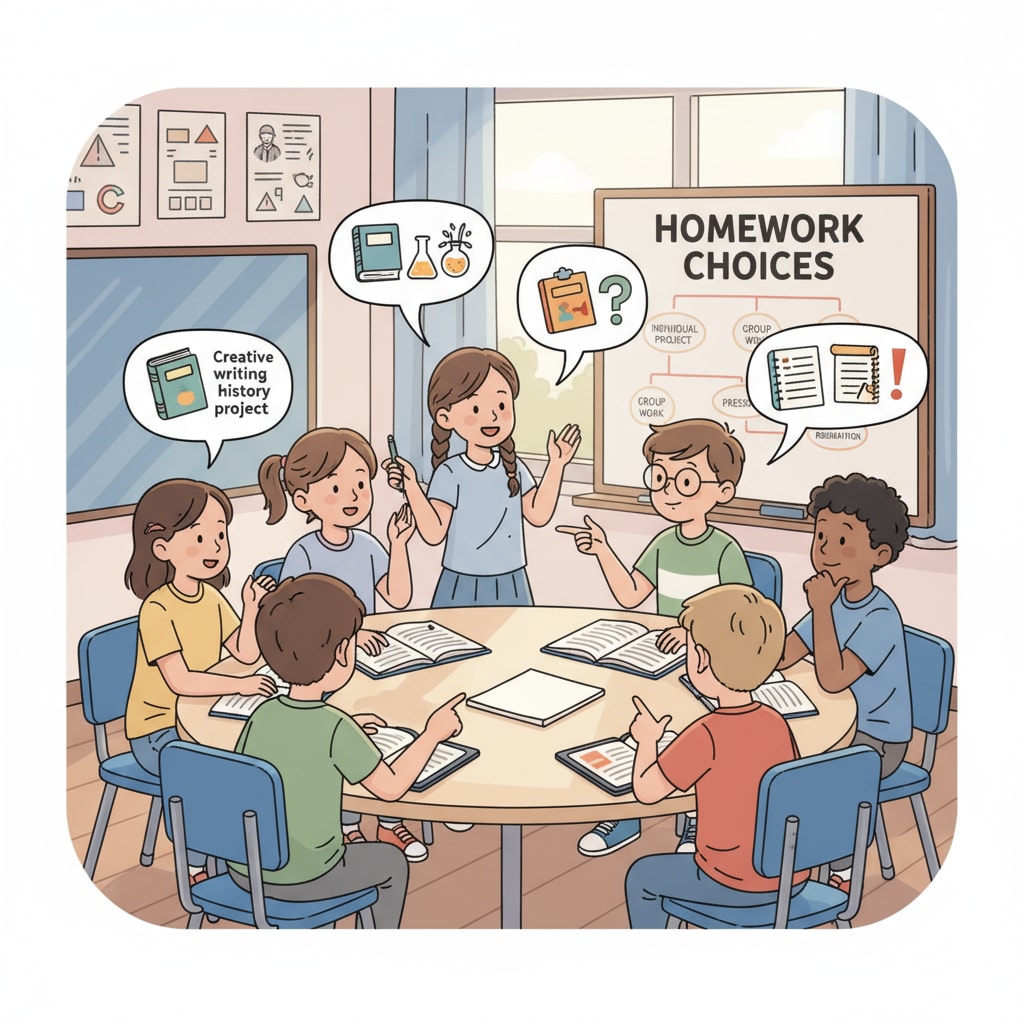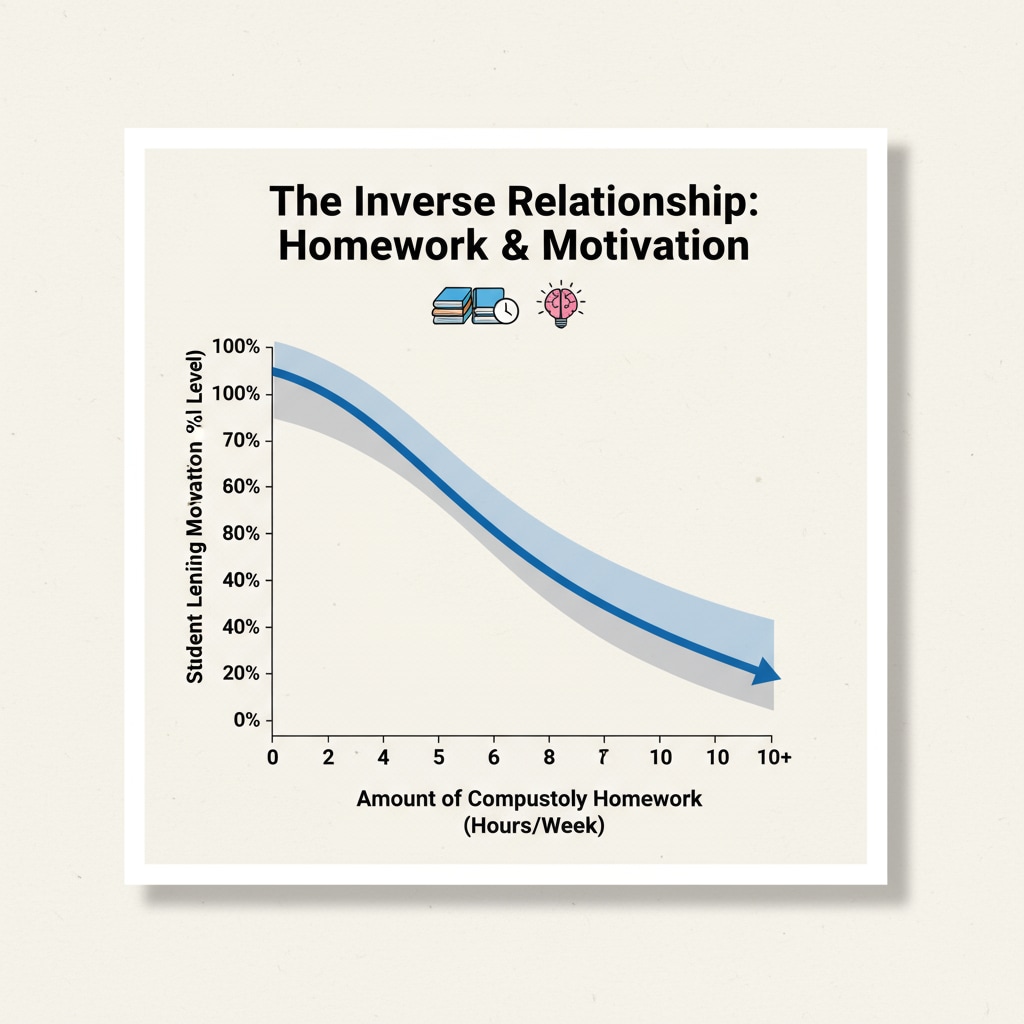Homework, self-responsibility, and learning motivation are crucial aspects of an older student’s educational journey. In traditional educational settings, homework is often assigned without much consideration for students’ preferences or abilities. This one-size-fits-all approach can sometimes dampen students’ enthusiasm for learning. However, recent educational research has shown that giving students autonomous choice in their homework can have a profound impact on their motivation and self-responsibility.

The Problem with Compulsory Homework
Compulsory homework has long been a staple in education. While it is intended to reinforce learning and develop good study habits, it often leads to a decrease in learning motivation. Many older students feel overwhelmed by the amount and type of homework assigned. For example, according to the National Education Association, a significant number of students report feeling stressed and unmotivated due to excessive homework. This lack of motivation can further translate into poor academic performance and a negative attitude towards learning.

The Link Between Autonomous Choice and Self-Responsibility
When students are given the autonomy to choose their homework, they become more self-aware and responsible. They start to understand their own learning needs and preferences. For instance, if a student is interested in a particular topic, they can choose homework tasks related to it. This not only makes the learning process more enjoyable but also instills a sense of ownership. As a result, students are more likely to complete their homework on time and to a higher standard. This newfound self-responsibility can have a positive ripple effect on other aspects of their academic and personal lives.
Moreover, autonomous choice in homework allows students to develop critical thinking skills. They must evaluate different options and decide what is best for their learning. This process of decision-making helps them grow into more independent learners. ASCD’s research has also supported the idea that student autonomy in learning leads to better long-term outcomes.
Readability guidance: The key points here are that compulsory homework may reduce motivation, while autonomous choice can enhance self-responsibility and critical thinking. These are important factors in understanding the relationship between homework, self-responsibility, and learning motivation for older students.


